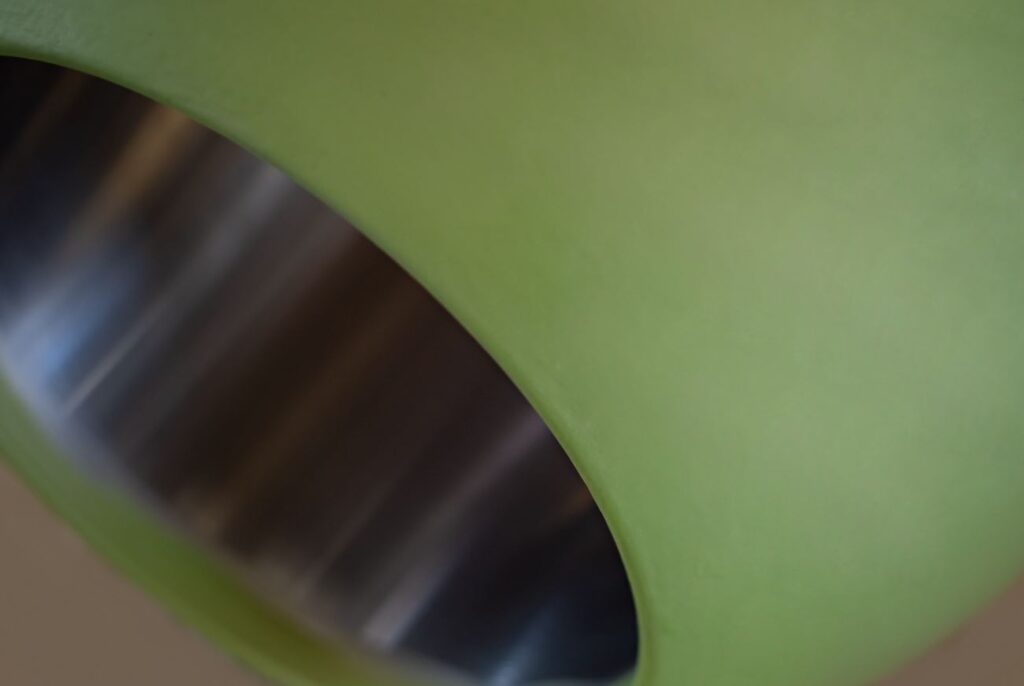Deltar has a dedicated denickel-plating-only plant that ensures that only the deposited nickel film is removed without damaging the surface of the part in any way and without the need for subsequent machining.
This processing does not require sandblasting or use of acid solutions. A single plant dedicated only to denickelating machined parts, of any material, without altering the characteristics of the base material.

Denickel plating of a component or part is performed for various reasons, which may vary depending on the specific needs of the industry or manufacturing process. Here are some of the main reasons:
In some cases, nickel is misapplied or over-applied to a component during nickel plating processes. Denickel plating allows this unwanted layer to be removed without having to discard the whole part, reducing waste and costs.
In certain applications, particularly in precision applications such as in aerospace or precision engineering, even a small variation in coating thickness can affect part performance or compatibility. Denickel plating allows the part to be restored to its original specifications.
If a component is to undergo a new coating or plating process, it may be necessary to remove the old nickel layer to ensure optimal adhesion and integrity of the new coating.
Instead of replacing expensive parts entirely, denickel plating allows components to be repaired and reused, helping to reduce overall maintenance and repair costs.
In contexts where metal recovery is important, such as in e-waste management, denickel plating is a crucial step in separating and recycling nickel and other valuable materials.
Nickel changes the surface properties of an object, such as corrosion resistance or aesthetic appearance. Removal of this layer may be necessary to change these properties or to reduce problems such as live corrosion.
As environmental and safety regulations evolve, some industries may require the removal of nickel coatings to comply with new environmental regulations or standards.
Efficient execution of denickelination, as in the case of Deltar’s dedicated plant, not only helps solve these technical problems, but also helps reduce the environmental impact associated with the use of harsh chemicals and waste generation. The choice of a less aggressive and more controlled method for nickel removal reflects a growing awareness of the importance of sustainability in industrial processes.
Legal headquarters and Plant: Via F.lli Rosselli, 10
20068 Peschiera Borromeo (Mi)
REA MI 1547567 – C.F. and Register Milan companies n.12306070157
Share capital: € 10.200,00 i.v.- VAT 12306070157
Office phone. +39.02.55305101 – Fax +39.02.99990042
Plant: +39.02.55305457
info@deltar.it – deltar@pec.deltar.it
Mon – fri: 8:30 – 12:30 AM, 2:00 – 6:00 PM
Saturday and Sunday – CLOSED